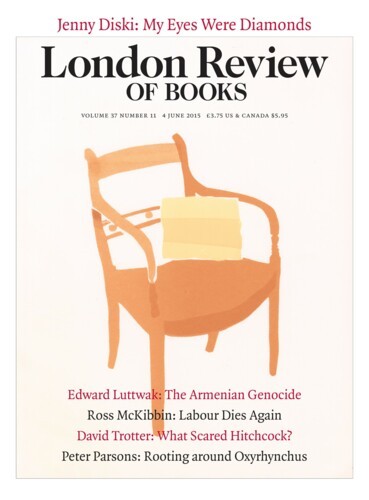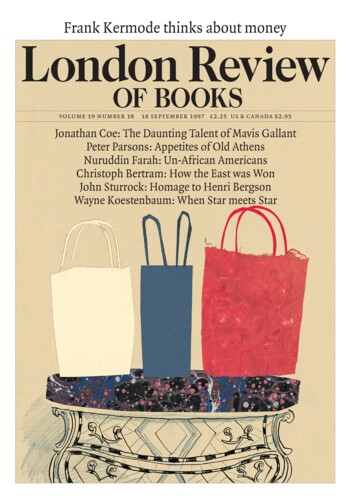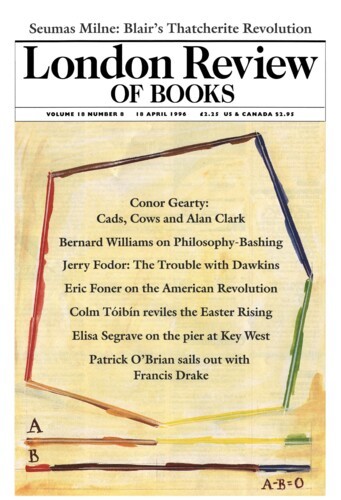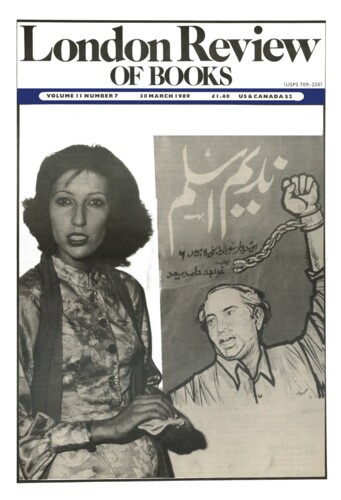Diary: Rooting around Oxyrhyncus
Peter Parsons, 4 June 2015
I shall call my memoirs ‘Fifty Years a Bag Lady’. That is what papyrologists do: they pick over the written rubbish of antiquity for items of interest. You can learn a lot about your neighbours from their dustbins, and the dustbins of the ancient Greeks bring out all my curiosities. What did the Greeks do about garlic breath? What names did they give their cows? Why did...





